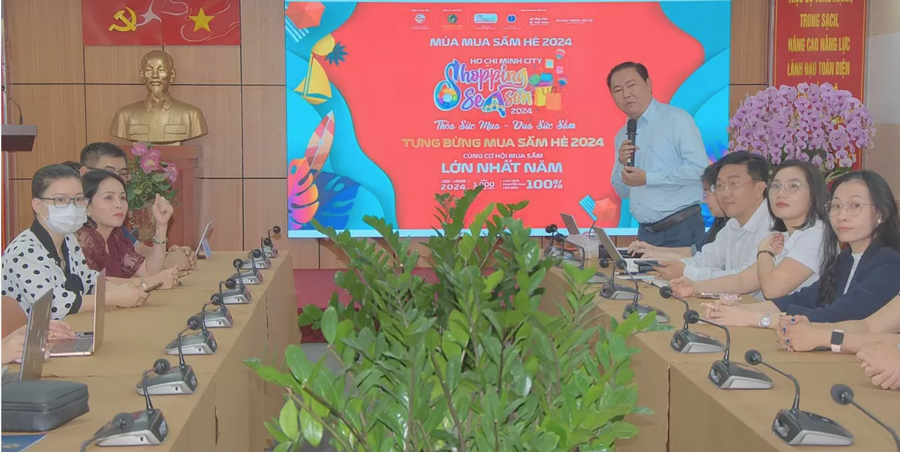According to Reuters, as of May 21st, local time, the Brazilian government confirmed that 21 countries, including China, Japan, South Korea, South Africa, Saudi Arabia, and several European Union nations, have halted poultry imports from the country following outbreaks of highly pathogenic avian influenza (H5N1) at several farms in the southern region.
The Brazilian Ministry of Agriculture reported that avian flu cases have been detected in the states of Santa Catarina and Rio Grande do Sul, which are key poultry production and export hubs. Despite swift actions by local authorities to cull infected flocks and implement quarantine measures, many nations have opted to impose import bans to protect their domestic industries.
Is the $9 billion industry facing a significant challenge?
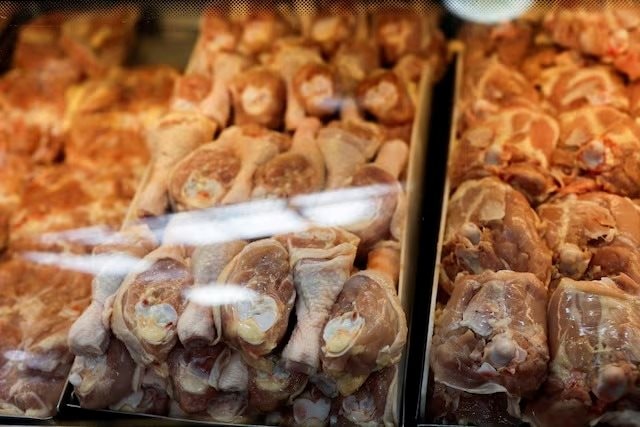
Chicken meat for sale at a market in Sao Paulo, Brazil, on May 20. Photo: Reuters
Among the countries that have suspended imports, China, the largest market for Brazilian poultry, has halted imports from the entire country, not just the affected regions. This poses significant challenges for exporters and could lead to inventory buildup, domestic price declines, and economic losses.
According to the World Organization for Animal Health (WOAH), Brazil is implementing comprehensive control measures, and there are no indications of the outbreak spreading beyond the quarantined areas. The Brazilian government is actively negotiating with trading partners to restore confidence and reopen markets.
The suspension of poultry imports by multiple countries due to avian flu concerns presents a significant challenge to Brazil’s poultry export industry, a cornerstone of the country’s economy, generating over $9 billion in export value annually. As a result, Brazil’s poultry industry faces an unprecedented test in the post-COVID-19 era.
Experts believe that swift disease control, transparent information sharing, and international cooperation will be key to helping Brazil overcome this crisis.
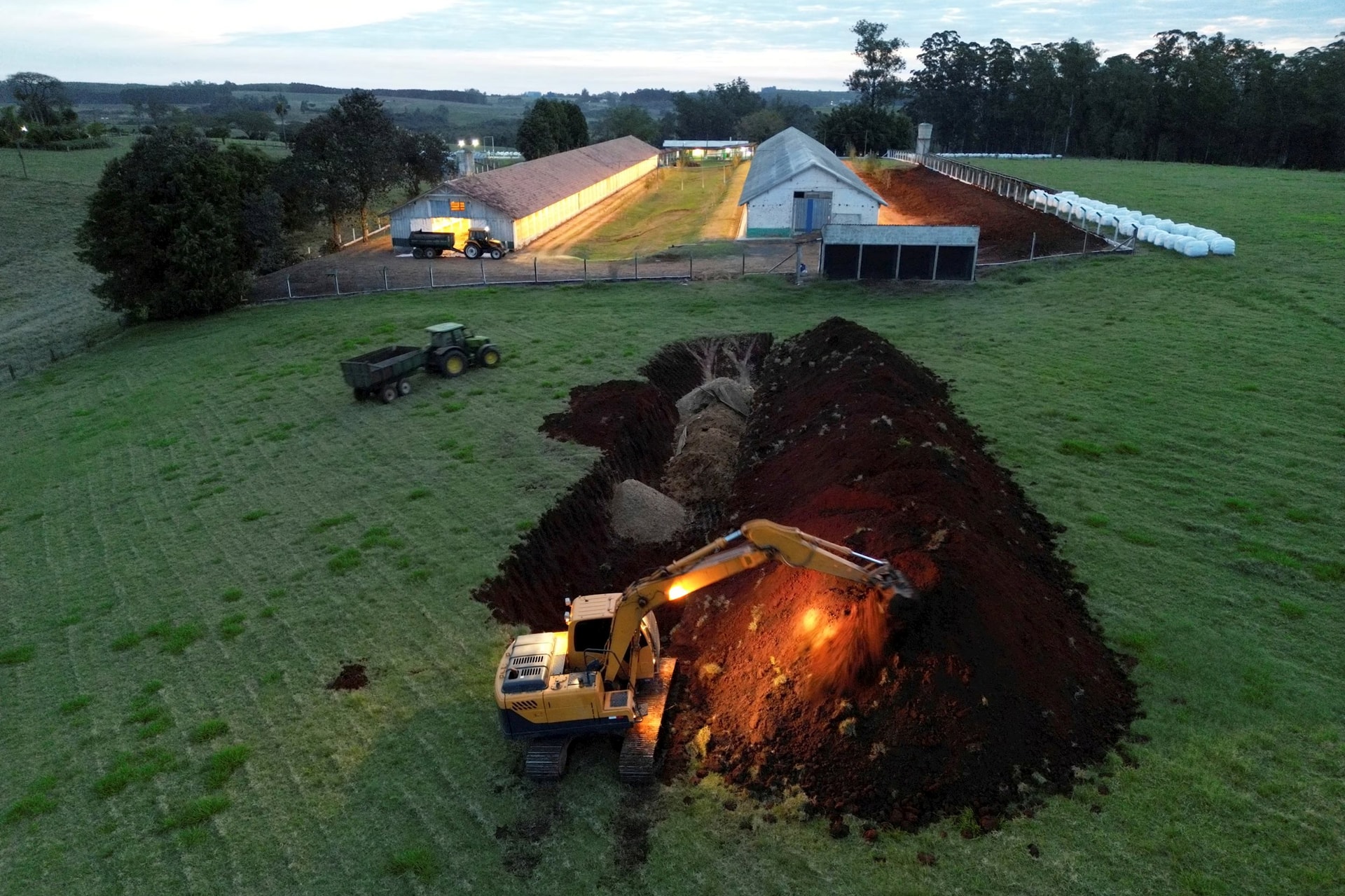
Brazil confirmed its first case of highly pathogenic avian influenza on May 16 in Montenegro. Photo: Reuters
Brazil is currently the world’s largest poultry exporter, with exports totaling $10 billion in 2024, accounting for approximately 35% of global trade. Notably, Brazil exported over 5 million tons of chicken meat products, mainly supplied by leading meat processors BRF SA and JBS SA, to around 150 countries worldwide.
Prior to this, Brazil confirmed its first case of highly pathogenic avian influenza on May 16 at a farm in Montenegro, the country’s third-largest chicken-producing state.
To date, the highly pathogenic avian flu has resulted in the death of approximately 15,000 birds, with an additional 2,000 culled as a preventive measure. Moreover, over 1.7 million eggs distributed in Rio Grande do Sul, Minas Gerais, and Paraná were destroyed to prevent the spread of the virus. Brazilian authorities have implemented stringent measures to combat the disease, including installing seven sanitary quarantine belts for vehicle disinfection and inspecting 540 homes and farms within a 10-km radius of the outbreak’s epicenter.
References: Reuters, Xinhua, X
Hundreds of Thousands of Tons of ‘White Gold’ from the US Arrive in Vietnam at Dirt-Cheap Prices: 5% Import Tax, 1.5 Million Tons Annual Consumption
The United States has emerged as Vietnam’s top supplier of [specific product or service], solidifying its position as a leading trade partner. With a strong presence in the Vietnamese market, American businesses have showcased their expertise and competitiveness in this sector. This development underscores the growing economic ties between the two nations and highlights the potential for further collaboration and mutual growth.
Building Next-Generation Vietnam-Singapore Industrial Parks (VSIPs)
Prime Minister Pham Minh Chinh and his Singaporean counterpart, Laurence Wong, discussed the development of new-generation Vietnam-Singapore Industrial Parks (VSIPs) with a focus on sustainability and digitalization. The leaders emphasized the importance of enhancing infrastructure connectivity, logistics, and digital linkages between the two countries’ economies.
The Prime Minister: Vietnam’s Focus on Iconic Mega-Projects
Addressing the Vietnamese community in Brazil, Prime Minister Pham Minh Chinh emphasized Vietnam’s current focus on large-scale, transformative projects. These include the ambitious North-South high-speed rail project, which aims to revolutionize transportation across the country, as well as explorations into nuclear energy development and the pursuit of new avenues for growth and progress.

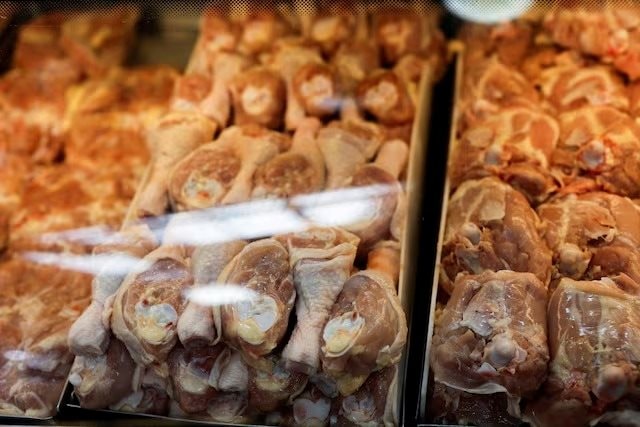
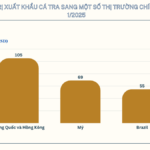
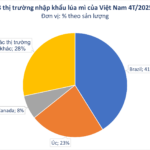
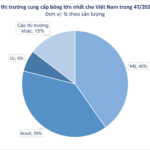



![[Photo Essay]: Experts, Managers, and Businesses Unite to Forge a Path Towards Sustainable Green Industry](https://xe.today/wp-content/uploads/2025/07/z678592918-218x150.jpg)












